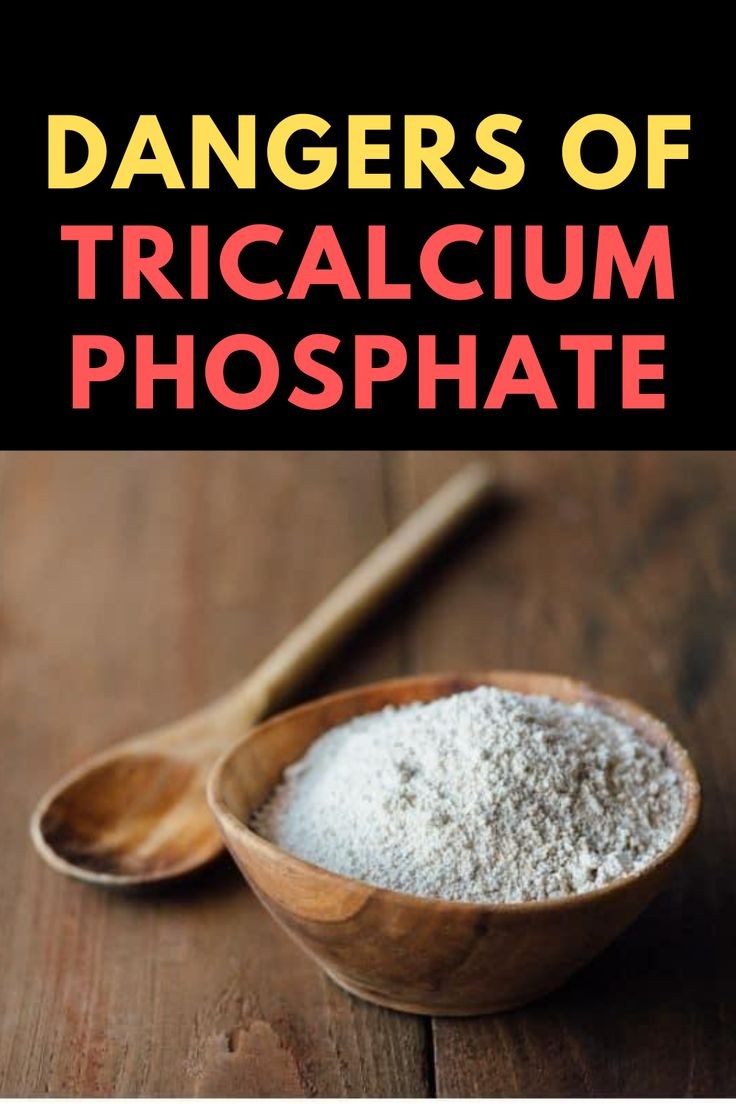
Tricalcium Phosphate: Benefits and Precautions
Tricalcium phosphate is a mineral that provides essential calcium for bone formation, nerve function, muscle movement, blood vessel health, and enzyme activity.
This naturally occurring compound is also used as a dietary supplement and a food additive to enhance calcium intake. However, caution is necessary when using products containing tricalcium phosphate. It’s important to follow your doctor’s recommendations to avoid health issues caused by an imbalance of calcium in the body.
Natural sources of tricalcium phosphate are often contaminated with harmful molecules. To ensure safety, food-grade tricalcium phosphate is manufactured instead of mined. The U.S. Food and Drug Administration (FDA) categorizes it as "generally recognized as safe" (GRAS).
Tricalcium phosphate supplements are prescribed for conditions that result in low blood calcium levels, such as parathyroid disorders, osteoporosis, kidney problems, and tetany. However, if you are a vegan, consume alcohol or caffeine regularly, have a milk allergy, or suffer from an eating disorder, it is crucial to consult your doctor to determine the most suitable calcium source.
When taking tricalcium phosphate, remember to take it with food and follow your doctor’s dosing instructions. If you miss a dose, try to catch up, but avoid doubling your dose to prevent overdose. Your doctor may also recommend dietary changes and the addition of a vitamin D supplement, as vitamin D aids calcium absorption.
Tricalcium phosphate should not be taken by individuals with specific health conditions, such as high blood calcium levels, kidney disease, malabsorptive conditions, sarcoidosis, or pancreas disorders. It is also important to consult a doctor before giving these supplements to children, or if you are pregnant or breastfeeding, as the dosage may need adjustments.
While tricalcium phosphate is generally safe, an overdose can lead to hypercalcemia, causing nausea, vomiting, loss of appetite, weakness, fatigue, headaches, and mood swings. Additionally, excessive calcium levels can result in kidney stones, muscle and heart valve calcification. Keeping daily calcium intake below two grams is typically recommended.
Tricalcium phosphate also serves as an organic food additive, commonly used to increase calcium levels in various products such as soy milk, almond milk, fortified organic orange juice, yogurt, non-dairy alternatives, and cereal products. Furthermore, ongoing research explores its potential in bone repair.
In conclusion, tricalcium phosphate offers various benefits, but it is essential to use it under medical guidance. Consult your doctor or healthcare professional should you have any concerns regarding tricalcium phosphate supplements or your calcium levels.
Sources:
- ClinicalTrials.gov: "Comparison of Bioactive Glass and Beta-Tricalcium Phosphate as Bone Graft Substitute (BAGvsTCP)."
- Experimental and Therapeutic Medicine: "Tricalcium phosphate and hydroxyapatite treatment for benign cavitary bone lesions: A prospective clinical trial."
- Frontiers in Materials: "Current Application of Beta-Tricalcium Phosphate in Bone Repair and Its Mechanism to Regulate Osteogenesis."
- New York Presbyterian: "Calcium Phosphate, Tribasic (tricalcium Phosphate)."
- U.S. Department of Agriculture: "Phosphates."
- U.S. Food and Drug Administration: "Food Additive Status List."
- University of Rochester Medical Center: "Calcium."


